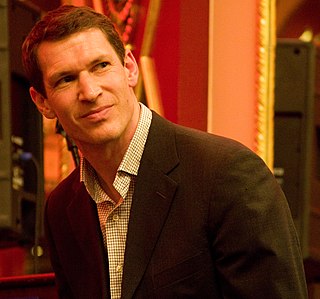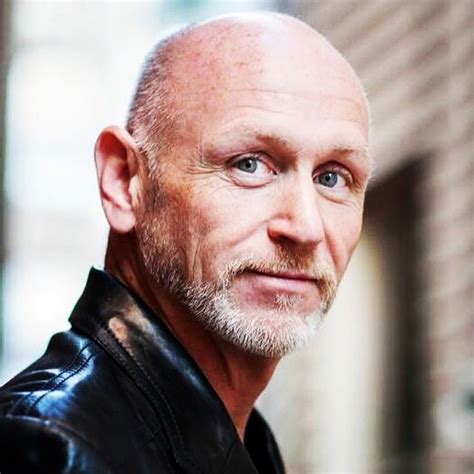A Quote by George Villiers
The world's a forest, in which all lose their way; though by a different path each goes astray.
Related Quotes
Inevitably they find their way into the forest. It is there that they lose and find themselves. It is there that they gain a sense of what is to be done. The forest is always large, immense, great and mysterious. No one ever gains power over the forest, but the forest posses the power to change lives and alter destinies.
The way we see the world shapes the way we treat it. If a mountain is a deity, not a pile of ore; if a river is one of the veins of the land, not potential irrigation water; if a forest is a sacred grove, not timber; if other species are biological kin, not resources; or if the planet is our mother, not an opportunity -- then we will treat each other with greater respect. Thus is the challenge, to look at the world from a different perspective.
Not to find one's way in a city may well be uninteresting and banal. It requires ignorance - nothing more. But to lose oneself in a city - as one loses oneself in a forest - that calls for a quite different schooling. Then, signboard and street names, passers-by, roofs, kiosks, or bars must speak to the wanderer like a cracking twig under his feet in the forest.
The most interesting heroes have a bit of villainy to them, and the most interesting villains have a certain bit of heroism in them. I think (Alan Shore) intends to do the right thing, but his view of the world is very different so, to get to the right place, he sometimes takes a path that goes through a very dark forest.
Art is a path on which we honour our world. Art may not be the only path, but it is a good path, even though at times a difficult one. As bearers of this honour, we artists do not need to simply render our world as we see it but as we might ourselves redesign it. As artists, one of our privileges is to invent.
The whole aspect of the universe changes with this new conception. The idea of force governing the world, of pre-established law, preconceived harmony, disappears to make room for the harmony that Fourier had caught a glimpse of: the one which results from the disorderly and incoherent movements of numberless hosts of matter, each of which goes its own way and all of which hold each other in equilibrium.
I think that the scienti?c way of looking at the world, and the humanistic way of looking at the world are complementary. There are important differences which should be preserved, and in trying to do away with those differences we would lose something the same way as if we tried to make all religions one religion or all races one race. There is a cultural diversity that's very valuable, and it's valuable to have different ways of looking at the world.
So who is better off, those who share love long enough to see which parts inevitably fade or those who lose their love when it is still pristine? I think each is lonely in a different place, though if you lose your love while it is still perfect you at least have a clear explanation for your grief, while if it gradually crumbles in your hands you do not.

































